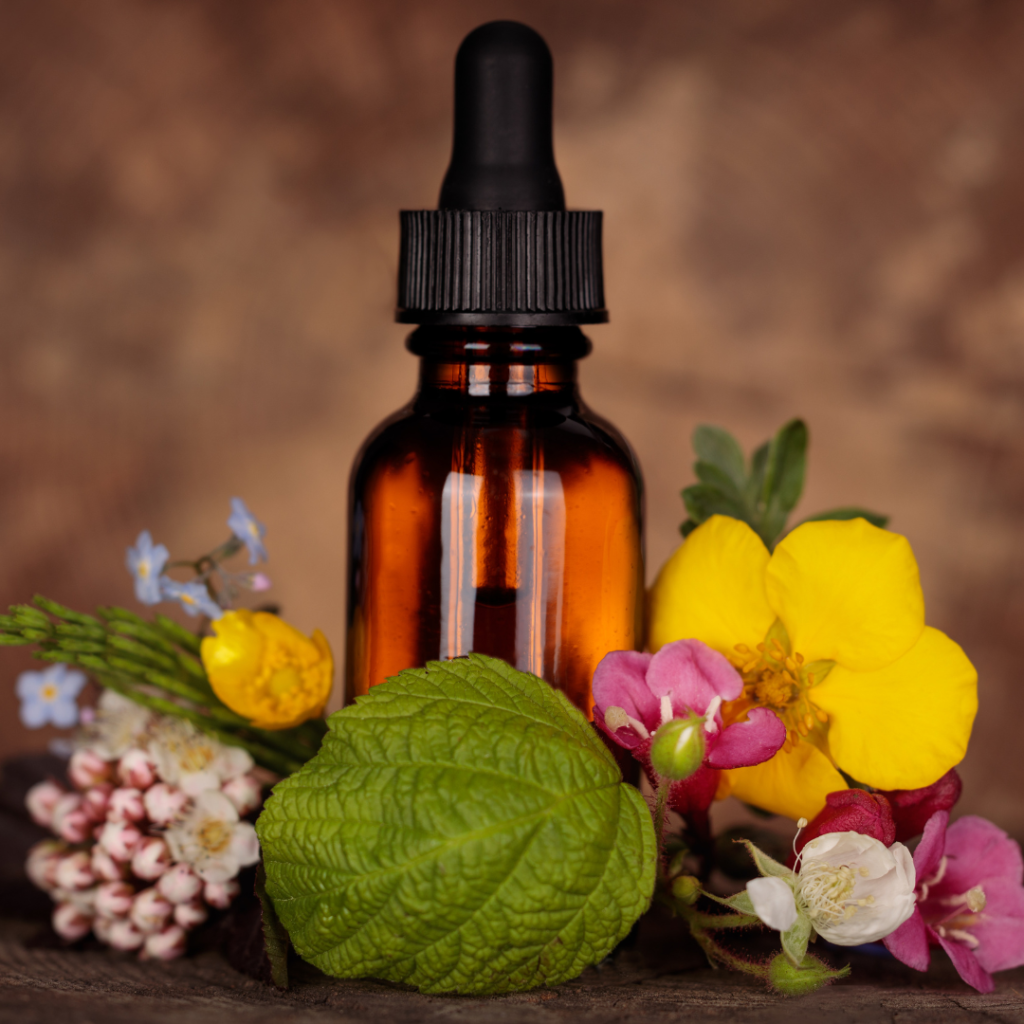
Dr. Poonam Shete - Mapari
M.D. (Ayurveda) Ayurveda Vachaspati
Family Physician and Ayurved Consultant
Bach Flower Therapist
Dr. Poonam graduated with a “Bachelor in Ayurveda Medicines And Surgery” (B.A.M.S.) from renowned institute in Pune i.e. Sumatibhai Shah Ayurveda Mahavidyalaya attached to Sane Guruji Hospital which has a good number of patients. She passed all the exams with flying colours (First Class with Distinction).

Ayurveda and Gynecology
A Holistic Approach to Women’s Health : Ayurveda, the ancient science of life, offers a holistic and natural approach to gynecological health by balancing the three doshas (Vata, Pitta, and Kapha) and focusing on root causes rather than just symptoms. It addresses menstrual disorders, infertility, PCOS, menopause, and more using a combination of herbs, diet, detox therapies (Panchakarma), and lifestyle changes.
Ayurvedic Perspective on Gynecology: In Ayurveda, the female reproductive system is called “Yoni Vyapad”, and diseases related to it are classified based on dosha imbalances:
- Vata Imbalance → Irregular cycles, painful periods, infertility
- Pitta Imbalance → Heavy bleeding, hot flashes, inflammation
- Kapha Imbalance → PCOS, cysts, excessive discharge
Ayurvedic treatments aim to restore balance using herbs, therapies, and dietary modifications tailored to the individual’s prakriti (body constitution).
Gynecological Disorders & Ayurvedic Treatments
1. Menstrual Disorders (Rakta Dosha & Rajonivritti Vyadhi)
- Irregular Periods: Shatavari, Aloe Vera, Triphala
- Painful Periods (Dysmenorrhea): Dashmoolarishta, Ginger Tea
- Heavy Bleeding (Menorrhagia): Ashoka, Lodhra, Nagkesar
- Scanty Periods: Shatavari, Ghee, Warm foods
Yoga & Lifestyle: Avoid cold foods, practice stress management, do gentle yoga (Baddha Konasana, Supta Baddha Konasana).


Ayurveda and Childcare
A Holistic Approach to Balancing Growth & Health: Ayurveda offers a natural and holistic approach to childcare, focusing on preventive care, nutrition, immunity, and mental development. From pregnancy (Garbhini Paricharya) to postnatal care and childhood (Bala Chikitsa), Ayurveda emphasizes gentle and effective remedies for a child’s overall well-being.
Ayurvedic Perspective on Childcare (Kaumarbhritya):
Kaumarbhritya is one of the eight branches of Ayurveda, dealing with:
- Healthy Pregnancy & Postnatal Care
- Neonatal & Infant Care
- Child Nutrition & Growth
- Immunity Building (Ojas Development)
- Common Childhood Ailments & Remedies
Ayurvedic childcare is based on dosha balancing, natural remedies, and proper daily routines (Dinacharya) to support physical, mental, and emotional growth.
Ayurvedic Childcare from Birth to Adolescence
1. Pregnancy & Postnatal Care (Garbhini & Sutika Paricharya)
Prenatal Care: A balanced diet, herbal support (Shatavari, Ashwagandha), and stress-free lifestyle ensure a healthy pregnancy and baby.
Postnatal Care: Dashmoolarishta, Jeerakarishta, and Abhyanga (oil massage) help mothers recover and support lactation.
Breastfeeding Support: Shatavari, Fenugreek, and Moringa improve milk production.

PANCHAKARMA
Panchakarma is a deep detoxification and rejuvenation therapy in Ayurveda that helps cleanse the body of toxins (Ama) and restore balance in the Doshas (Vata, Pitta, and Kapha). It consists of five main therapeutic procedures aimed at eliminating impurities through natural purification processes.
Types of Panchakarma (Five Main Therapies)
Vamana
Vamana (Therapeutic Emesis) – Induced vomiting to expel excess Kapha dosha, primarily used for respiratory and digestive disorders like asthma, bronchitis, and skin diseases.
Virechana
Virechana (Purgation Therapy) – Induced purgation to remove excess Pitta dosha, beneficial for liver disorders, skin diseases, and digestive issues.
Basti
Basti (Medicated Enema) – Herbal oils or decoctions are introduced into the rectum to cleanse excess Vata dosha, effective for arthritis, constipation, and nervous system disorders.
o Anuvasana Basti (Oil-based enema)
o Niruha Basti (Decoction-based enema)
Nasya
Nasya (Nasal Administration) – Herbal oils or powders are administered through the nostrils to cleanse toxins from the head, neck, and sinus region. It helps in sinusitis, migraines, and neurological issues.
Raktamokshan
Raktamokshana (Bloodletting Therapy) – Removal of impure blood to balance Pitta dosha and treat skin disorders, hypertension, and chronic infections.
o Jalaukavacharana (Leech therapy)
o Siravedha (Venesection/bloodletting)
Bach Flower Remedies

Bach Flower Remedies are a set of 38 natural flower essences developed by Dr. Edward Bach in the 1930s. These remedies are used to balance emotions and promote overall well-being rather than directly treating diseases. Each remedy is associated with a particular emotional state or personality trait, which can indirectly help with physical ailments by addressing the underlying emotional cause.
Bach Flower Remedies for Various Conditions:
- Anxiety & Stress
- Rescue Remedy (a combination of 5 flowers: Rock Rose, Clematis, Impatiens, Cherry Plum, and Star of Bethlehem) – Emergency relief for stress and shock.
- Mimulus – For known fears, such as fear of illness, accidents, or pain.
- Aspen – For vague fears, anxiety, or nervousness without a known cause.






